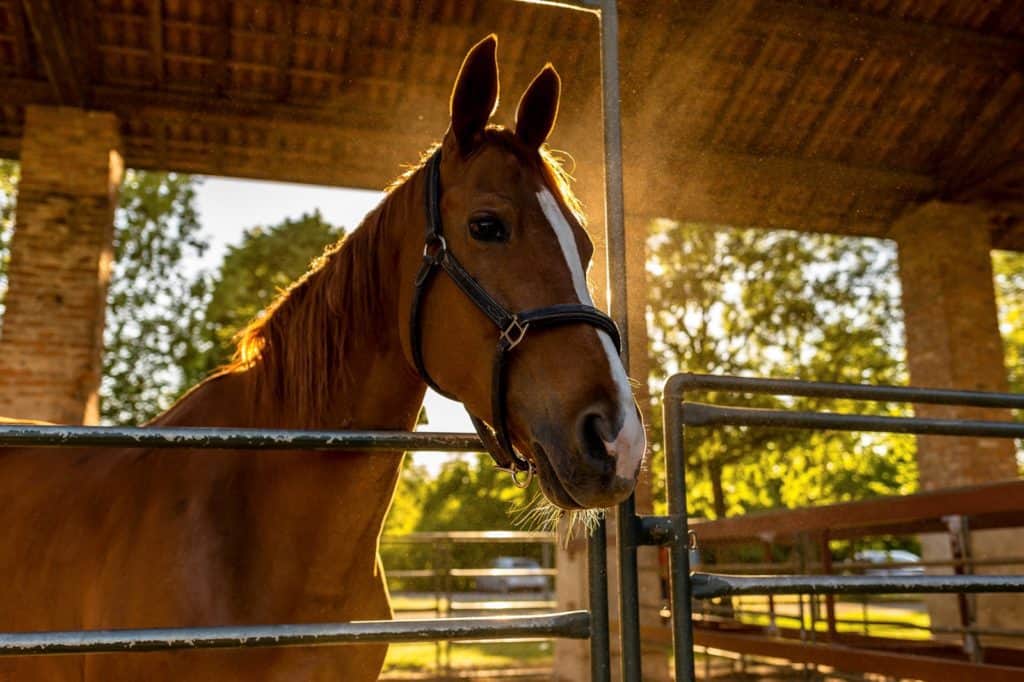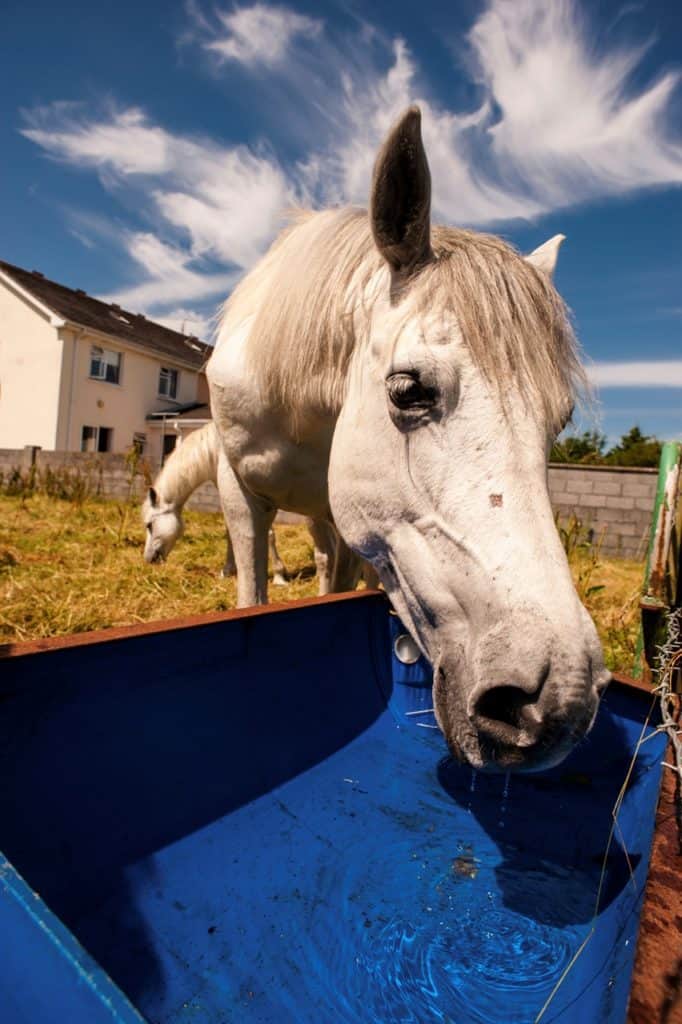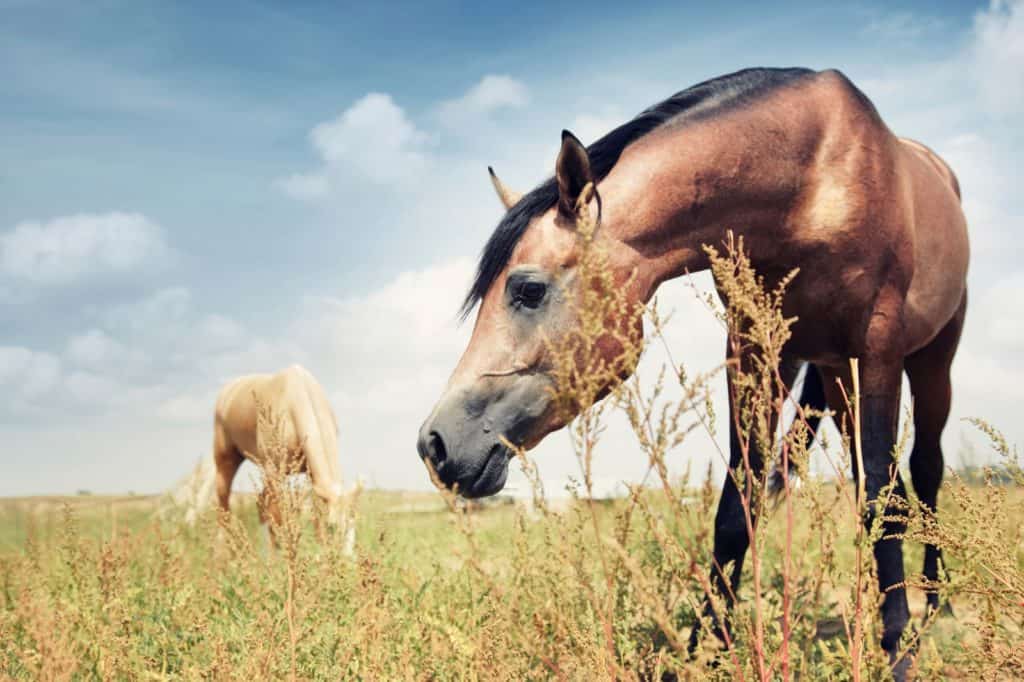
Poll Recap: Air Quality in Horse Barns
Of the 475 respondents, 76 (16%) said they’re concerned about the air quality in their horses’ barns.

Of the 475 respondents, 76 (16%) said they’re concerned about the air quality in their horses’ barns.
Lecture topics will include performance-limiting upper airway issues, infectious respiratory diseases, EIPH, and more.

Researchers found that, of the beddings tested, pine shavings were most effective at inhibiting bacterial growth.

Pinpointing the root cause of poor performance can be anything but simple. Could a respiratory problem be to blame?
Lecture topics will include vaccinations, disease surveillance, foal nutrition, R. equi, biosecurity, and more.

While we can’t cure heaves, or equine asthma, we can help manage their signs of disease. Here’s how.

We know that ammonia is harmful to horses. But did you know it’s also a health hazard for humans?

Researchers are studying underlying genetic factors that lead some horses to develop heaves while others don’t.

A lack of water in your horse’s diet can have serious consequences. Here’s what to remember.

Reducing particulates in a horse’s environment can go a long way toward ensuring his airway is as healthy as possible.

Learn how to make changes around the barn to reduce horses’ likelihood of developing respiratory disease.

Asthmatic horses’ clinical signs worsened when temperature and humidity increased suddenly, researchers found.

Our panelists share their expertise on hauling horses during winter weather.

Alayne Blickle and Dr. Loving share their thoughts on whether or not horses should live in closed barns during cold weather.

From vets stuck in city traffic to vexing ventilation issues, urban-dwelling horse owners deal with unique challenges.

Most respondents said the use open doors and windows and/or fans to help keep air circulating in their horse barns.
Stay on top of the most recent Horse Health news with
"*" indicates required fields